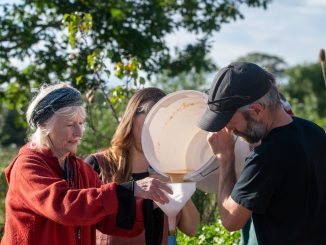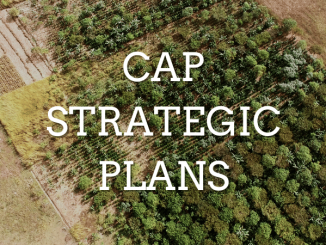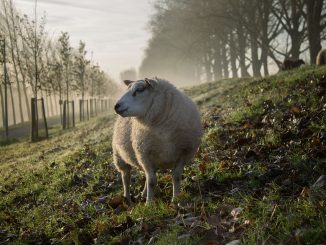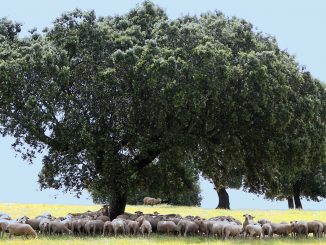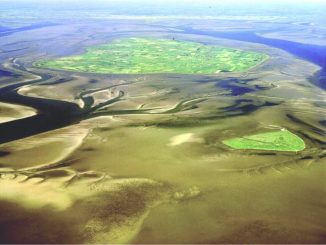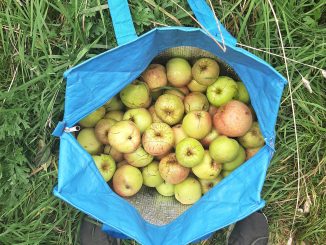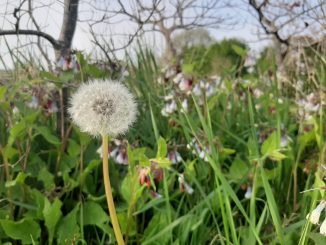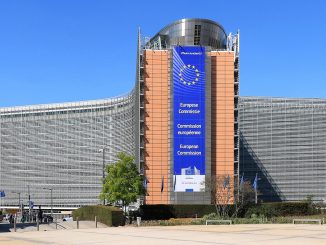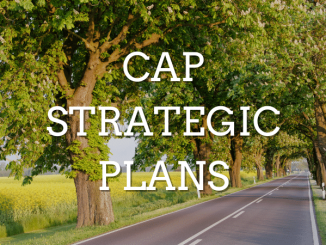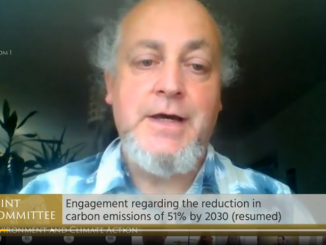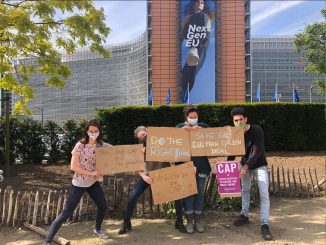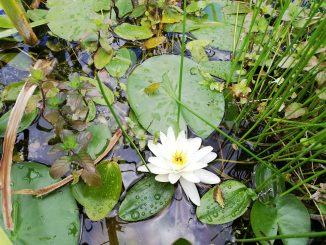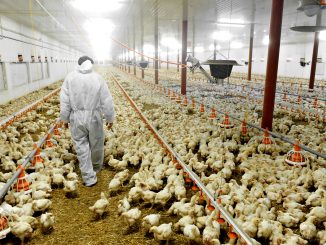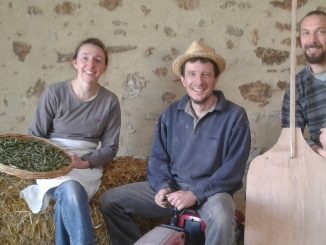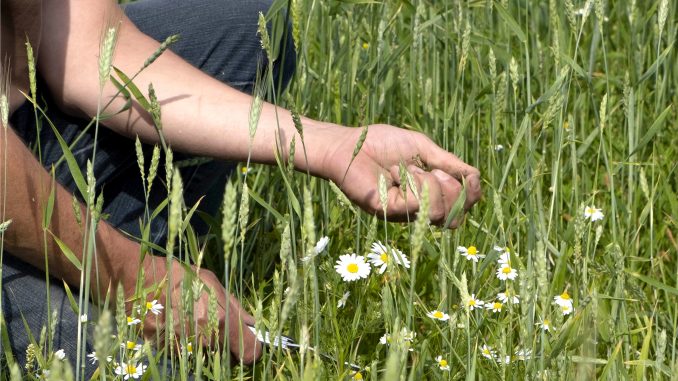
Seeds For Hope On Pellworm Island
Seeds for hope were sown this summer at the Seeds4all seminar, when cereal farmers and breeders from several countries gathered on the island of Pellworm in July to discuss the future of local organic seed production. Off the German coast in the North Sea, Pellworm faces its own challenges as an island below sea level. In this weirdly rainy and burning summer, it was a fitting location for talk of sustainability and resilience. Report by Seeds4all. […]

